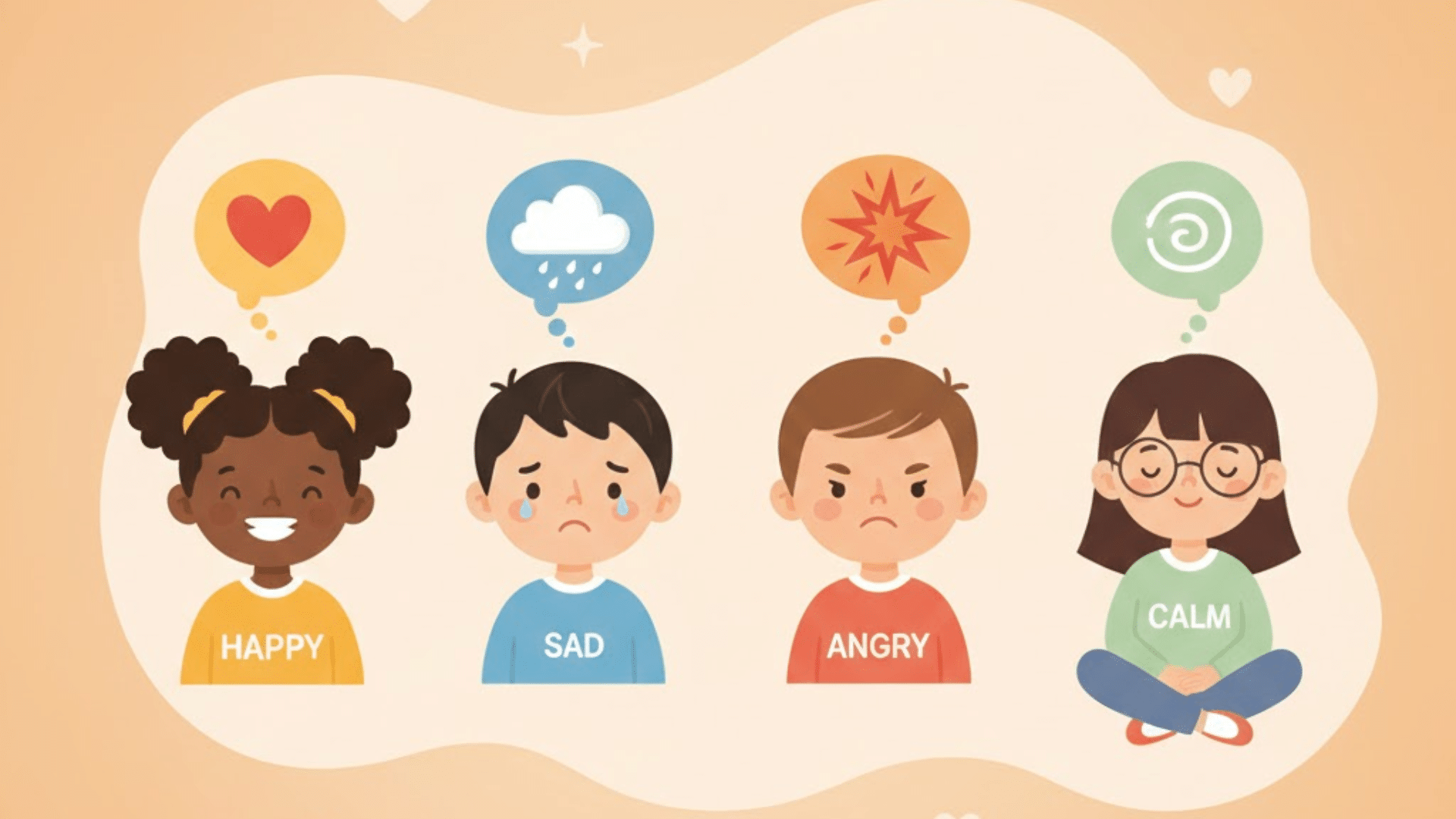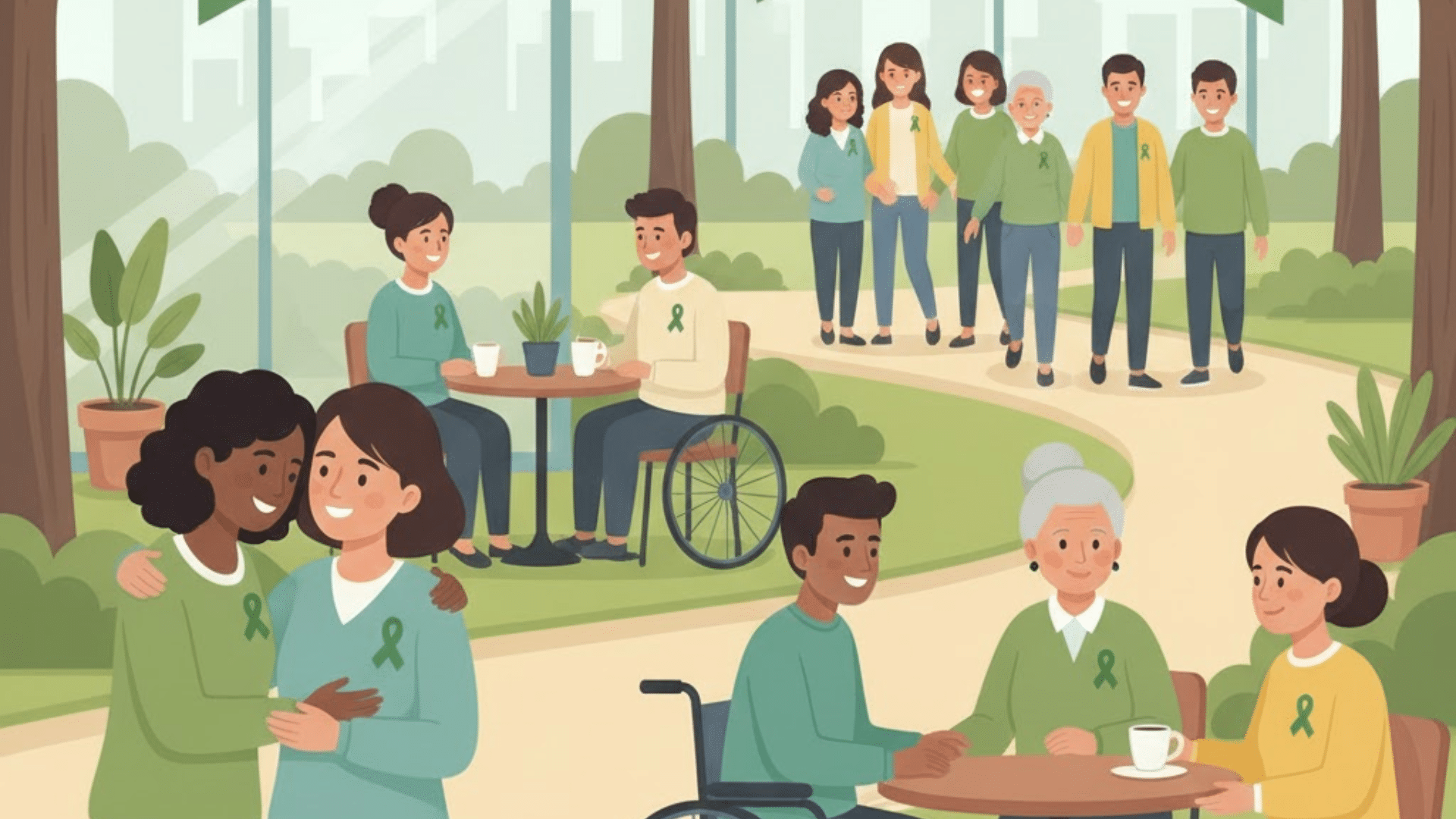The father-son relationship shapes how you see yourself, love others, and move through the world.
Whether you’re a father, a son, or someone trying to understand this bond better, you’ll find that it carries layers of emotion, unspoken lessons, and lifelong impact.
Today, I will let you know the psychology behind this connection, how it changes with age, the challenges that quietly build distance, and the simple steps that can heal it.
Keep reading – because even small changes can reshape the story you share with each other.
The Psychology Behind the Father-Son Bond
A father deeply shapes how a boy sees himself and the world. His presence and actions influence a son’s emotions, confidence, and behaviour.
When a father listens and shows love, his son learns empathy, balance, and trust in himself.
As a boy’s first role model, a father teaches through daily actions – how to handle stress, treat others, and make decisions. This helps sons understand that real strength includes kindness and honesty.
Over time, sons mirror their fathers’ emotional habits. A caring father raises an open, confident son, while a distant one may pass down fear or silence.
Recognizing these patterns helps both build a bond rooted in understanding and respect.
The Stages of the Father-Son Relationship
The bond between a father and son changes through different stages of life. Each phase brings new emotions, challenges, and lessons that shape how they understand and support each other.
1. Childhood: Admiration and Learning Phase
In childhood, a father becomes a son’s hero. Sons often admire their fathers and try to copy their actions, voice, or habits. This stage is built on trust, protection, and love.
A father’s encouragement helps his son build confidence and curiosity about the world. Simple things like playing together, storytelling, or teaching life skills create lasting memories and a strong emotional base.
2. Adolescence: Independence and Clashes
During the teenage years, sons start seeking independence and forming their own identity. This can lead to disagreements, misunderstandings, or emotional distance.
Fathers may struggle to adjust as their sons challenge authority or question rules. Despite the friction, this stage is vital for growth. Open communication and patience help both sides understand each other and rebuild respect as equals.
3. Adulthood: Friendship and Mutual Respect
As sons grow into adults, the dynamic shifts from guidance to companionship. Shared experiences – like career choices, relationships, or family life – bring them closer.
Mutual respect replaces authority, and conversations become more open. A father’s role transitions from teacher to friend, offering advice only when needed while trusting his son’s judgment.
4. Later Life: Gratitude, Role Reversal, and Caregiving
In later years, the relationship comes full circle. Sons often feel deep gratitude for their fathers’ sacrifices and lessons.
As fathers age, sons step into caregiving roles- offering the same support they once received. This stage highlights empathy, appreciation, and emotional closure, showing how love and responsibility evolve over time.
Traits of a Healthy Father-Son Relationship

A strong father-son bond is built on trust, communication, and mutual respect. It grows through consistent care and shared understanding.
- Open Communication and Emotional Availability: Honest talk helps both express feelings freely. When a father listens with patience, his son feels valued. This builds emotional confidence and trust.
- Mutual Respect, Love, and Support: Respect and care must go both ways. Fathers show it by supporting their sons’ choices, and sons show it through appreciation. Small acts of love and encouragement strengthen their connection.
- Shared Time and Common Interests: Spending time together – playing, working, or talking – deepens closeness. Shared interests help bridge differences and keep the bond strong.
- Insights from Psychology and Real-Life Examples: Psychologists note that emotionally present fathers raise more confident, stable sons. Real-life examples show that steady support and everyday presence matter more than big gestures.
In short, a healthy father-son relationship thrives on open communication, respect, and shared experiences – simple yet consistent efforts that build trust and lifelong connection.
Common Challenges & Root Causes
Father–son relationships can be deeply meaningful, but they also face unique challenges that often go unspoken. Many of these struggles come from emotional habits, expectations, or pressures passed down through generations.
| Challenge | What It Looks Like | Impact on the Relationship | How to Fix It |
|---|---|---|---|
| Poor Communication | Rare conversations, avoiding emotional topics | Distance and frequent misunderstandings | Start small: share daily experiences, ask open questions, schedule regular check-ins |
| Emotional Distance | Difficulty expressing feelings or opening up | Weak trust and low emotional closeness | Practice honest conversations, show appreciation, and validate each other’s feelings |
| Work-Life Imbalance | Long absences, limited shared time | Sons may feel unnoticed or unimportant | Prioritize short but meaningful moments – meals, calls, or weekend activities |
| Cultural & Masculinity Norms | Pressure to “stay strong” or hide vulnerability | Creates emotional walls and silence | Normalize feelings, model vulnerability, and talk openly about emotions |
| Generational Trauma | Unresolved anger, criticism, or past wounds | Repeated patterns and strained mental health | Seek counseling, set boundaries, and work on healing through empathy and accountability |
With awareness and effort, these challenges can become opportunities for growth. When fathers and sons choose openness and understanding, they build a bond that becomes stronger, healthier, and more supportive over time
Healing & Rebuilding the Relationship
Rebuilding a father-son bond takes patience and honest effort. The key is to start small, stay consistent, and focus on understanding rather than blame.
- Acknowledge: Recognize what went wrong without pointing fingers.
- Communicate: Speak openly, listen fully, and allow space for emotions.
- Reconnect: Spend time together through simple shared moments like walks, meals, or calls.
- Forgive: Accept the past and choose to move forward without resentment.
- Maintain: Keep the bond strong with regular check-ins and steady communication.
Healing takes time, but steady communication and mutual effort can turn distance into trust and rebuild lasting closeness.
Modern Fatherhood & Evolving Roles
Modern fatherhood is shifting as technology, work stress, and social changes influence how fathers connect with their sons. Today’s dads focus more on presence, emotions, and shared understanding than on strict authority.
- Technology and Career Stress: Busy work lives and constant phone use can reduce real interaction. Still, technology can help fathers stay connected through calls, messages, or shared online activities.
- Emotional Expression in Modern Masculinity: Fathers today show that expressing feelings is a sign of strength. When dads share emotions openly, sons learn that empathy and honesty are part of being strong.
- Nurturing, Emotionally Aware Dads: Modern fathers often help with daily care, listen more, and stay involved in their children’s routines. This builds trust and emotional closeness.
- Balancing Authority with Vulnerability: Being firm yet understanding teaches sons that respect and kindness can exist together. It creates a fair and supportive relationship.
Modern fathers lead with care and openness, teaching sons that true strength comes from empathy and balance.
Recommended Books & Podcasts for Father-Son Growth
Learning from others’ experiences can offer fresh perspectives and emotional clarity. These handpicked books and podcasts provide valuable insights into fatherhood, masculinity, and building stronger family connections.
Books Recommendation
Strong Fathers, Strong Sons, Strong Men by Calvin E. Clark Sr.: Focuses on how fathers can guide their sons into adulthood with honesty and responsibility.
The Father Factor by Stephan Poulter: Provides insights on how fatherhood shapes emotional and relational patterns.
Podcast Picks
The Dad Edge Podcast: Hosted by Larry Hagner, this podcast covers fatherhood, personal growth, and how to build deeper connections with kids.
Modern Dads Podcast: Examines the evolving role of fathers today, covers themes of vulnerability, parenting, and modern masculinity.
Whether through reading or listening, these resources inspire fathers and sons to open up, learn, and grow together- reminding us that every effort toward understanding brings a family closer.
Practical Bond-Building Ideas
A strong father-son bond grows through consistent time, honesty, and shared moments. Small, genuine actions matter more than big gestures.
- Shared Hobbies: Do things you both enjoy – play a sport, cook, or work on small projects together. Shared goals and time create natural conversation and connection.
- Rituals and Traditions: Build simple routines like weekly dinners, morning walks, or movie nights. These steady habits create comfort and emotional security.
- Letters or Gratitude Notes: Writing helps express feelings that are hard to say aloud. Short notes or letters can rebuild understanding and appreciation over time.
- Small Daily Actions: Stay in touch with small gestures like a call, message, or simple “how are you.” Consistent care keeps the emotional distance from growing.
Strong bonds form through steady effort. Even small, regular acts of time and care can turn quiet connections into lasting trust and closeness.
Conclusion
A strong father-son relationship grows through everyday moments – the quiet talks, shared memories, and the courage to show up even when it’s hard.
When both sides choose understanding over distance, the bond becomes a source of strength, healing, and emotional clarity.
Every stage of life offers a new chance to reconnect, learn, and build a healthier dynamic. No bond is perfect, but it can always evolve with patience and honest effort.
If this touched you, take one simple step today to reach out, listen, or say the words you’ve been holding back. Your small action can open the door to a better chapter for you both.










